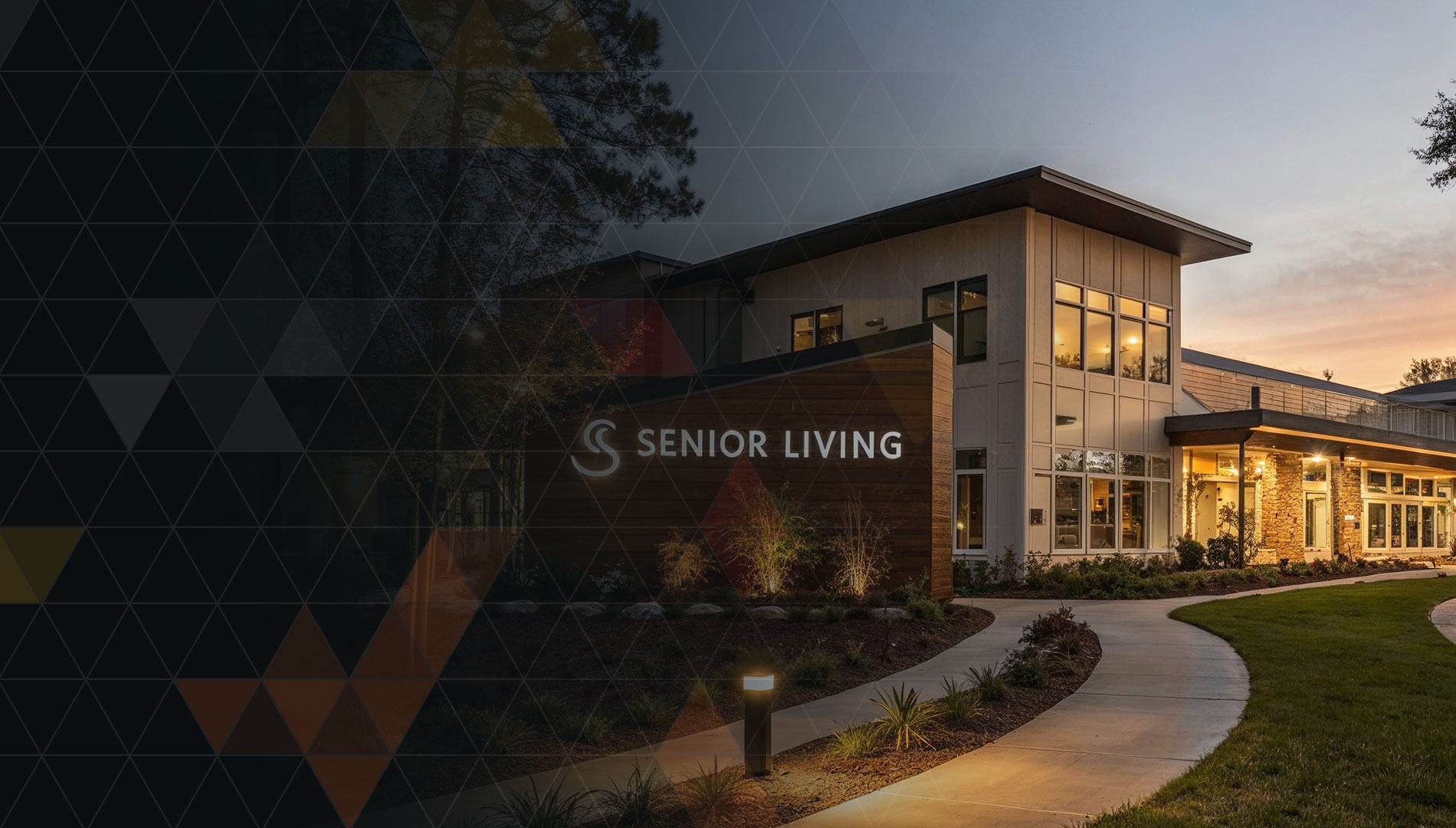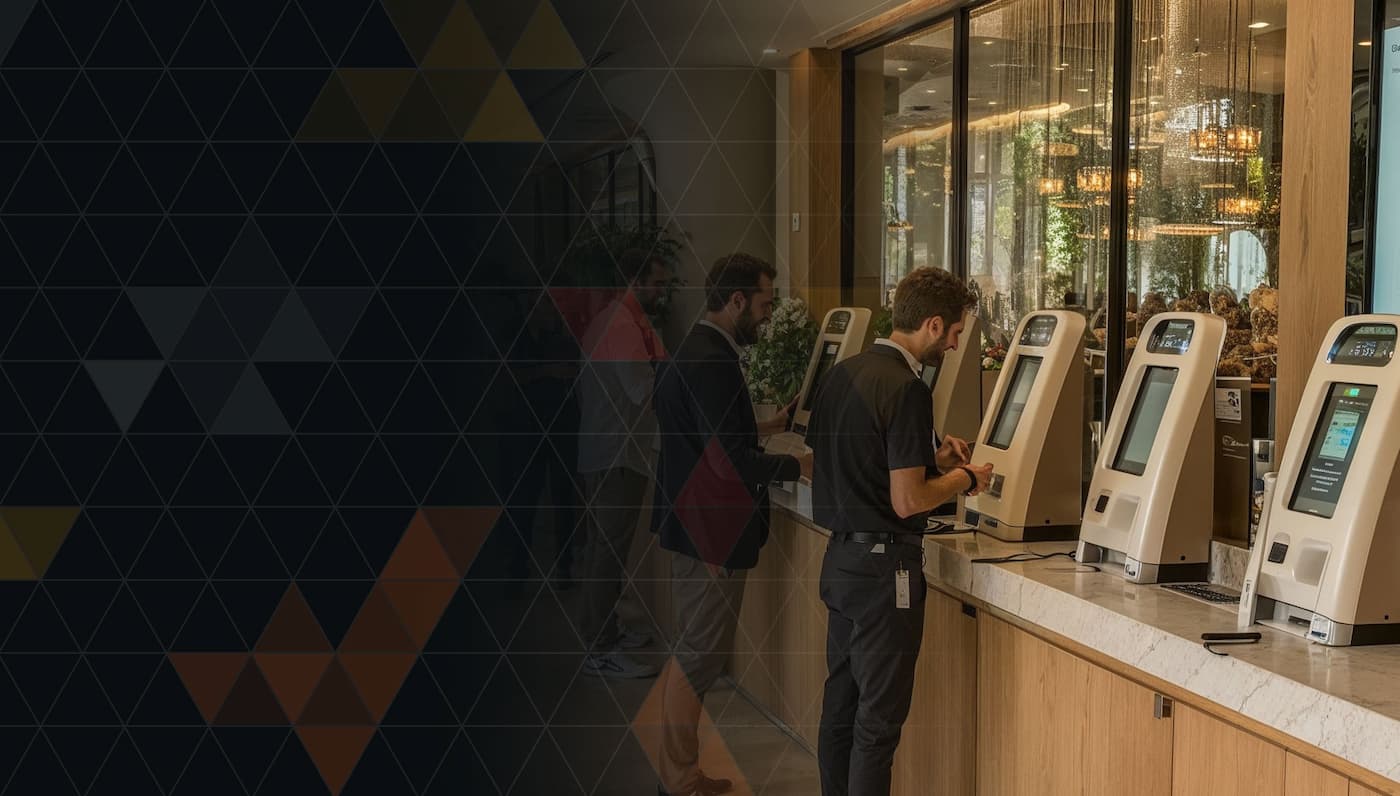When we hear “senior living,” we think of modest rooms, shared dining halls, and scheduled bingo nights. With communities focused on physical needs and enhancing the everyday life of older people, one could say senior living follows a standard format.
That format may have worked for residents in the past, but each generation’s needs are different.









